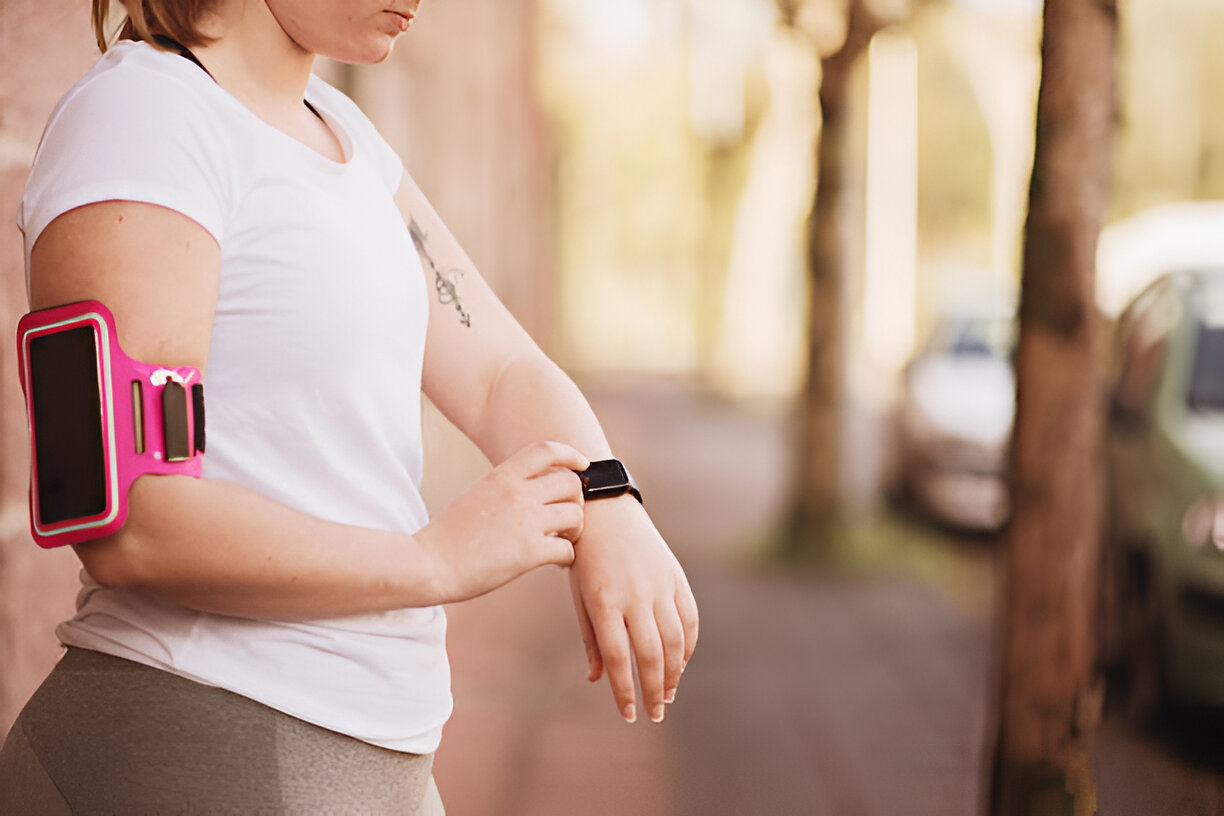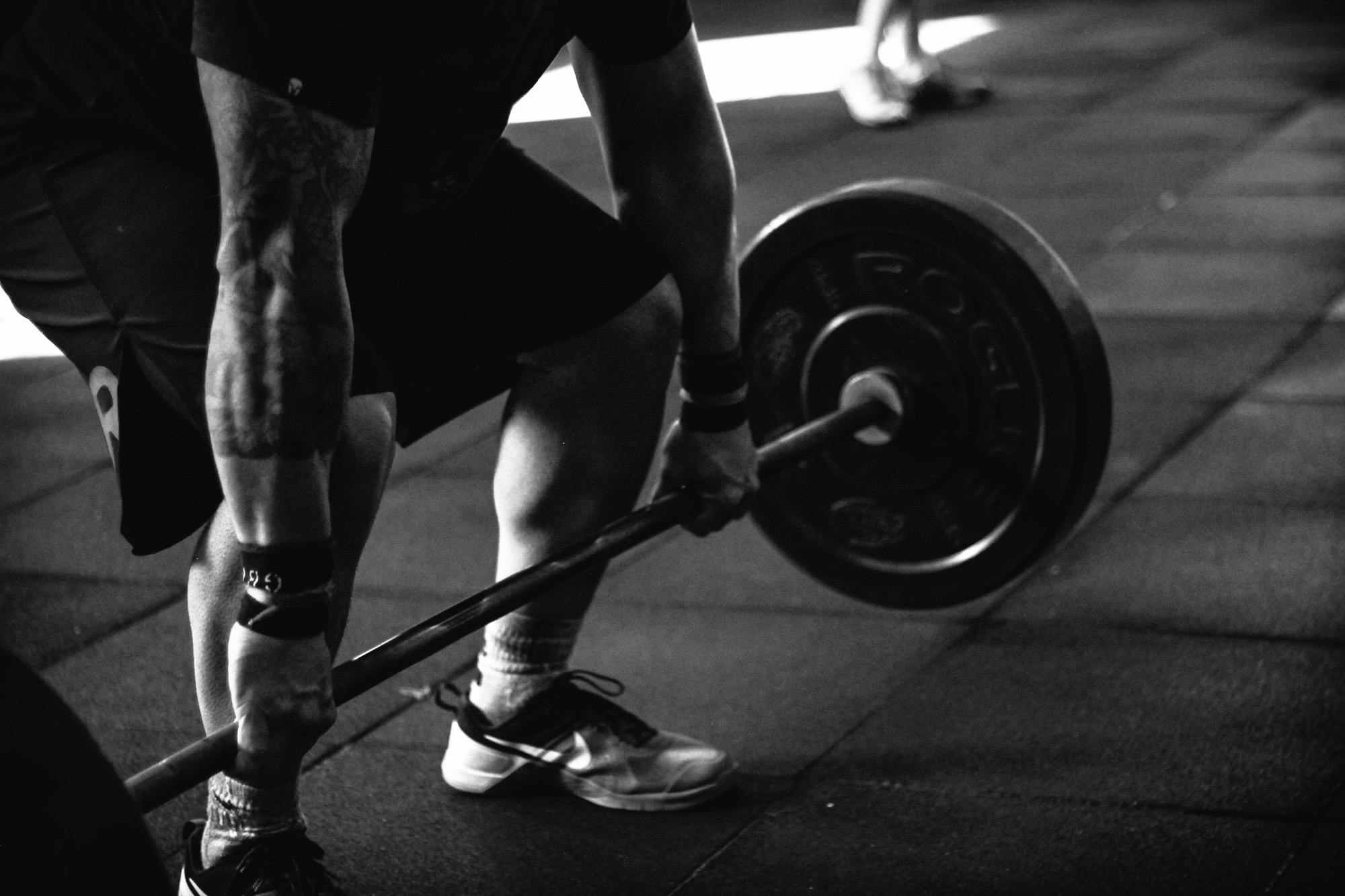Tracking your progress as an overweight runner is very important. It helps you see the changes in your body over time. Have you ever wondered how to check these changes? It’s not just about the number on the scale.
Your progress includes many things, like how much stronger you feel or how your body fat percentage improves. Every small step you take matters. Tracking your journey shows you how far you have come. It keeps you motivated, even when results seem slow.
In this blog, you will learn simple ways to track your progress. You will find out about tools like fitness apps and body fat calculators. You will also learn how to notice changes in how you feel and move. Progress is not just about losing weight. It is about gaining strength and confidence.
Are you ready to take charge of your journey? Let’s get started!

Understanding the Importance of Tracking Progress
Tracking your progress as a runner is more than just checking your weight. It helps you see how your body is changing in many ways. Do you feel stronger? Are your runs getting easier? These small wins matter.
Here are some reasons why tracking is important:
- Stay Motivated: Seeing your improvements can inspire you to keep going, even on tough days.
- Spot Improvements: Progress is not always visible in the mirror. Tracking shows changes in endurance, speed, and energy levels.
- Avoid Overtraining: Tracking helps you notice when you need rest or when to push harder.
- Celebrate Success: Each small achievement adds up. It’s important to see and celebrate these moments.
Tracking is not just about losing weight. It’s about building a stronger, healthier you.
Choosing the Right Tools for Tracking
There are many tools you can use to track your running progress. You don’t need to spend a lot of money to get started. Here are some popular options:
- Fitness Apps:
- Apps like Strava or MyFitnessPal track your distance, speed, and calories burned.
- These apps often provide graphs and insights to show your progress over time.
- Wearable Devices:
- Smartwatches and fitness bands can track your runs, heart rate, and more.
- They also help monitor your daily activity and rest levels.
- Simple Methods:
- A notebook or a spreadsheet can be a great way to log your runs.
- Write down your distance, time, and how you felt after each run.
Pick the tool that works best for you. Remember, what matters is tracking consistently.

Key Metrics to Monitor
Tracking your progress means looking at the right data. Here are some key metrics to focus on:
- Distance and Time:
- How far can you run? How long can you keep going?
- Track these numbers to see how your stamina improves.
- Pace:
- Pace shows how fast you run per kilometer or mile.
- Watching your pace improve is a great way to stay motivated.
- Body Fat Percentage:
- Instead of focusing only on weight, check changes in your body fat.
- Use a body fat calculator or scales with this feature to track it.
- How You Feel:
- Do you feel more energetic or less tired after runs?
- These changes are important signs of progress.
Tracking these metrics can help you understand your journey better.
Setting Realistic Goals
Setting the right goals is key to staying motivated. It’s easy to feel frustrated if you expect too much too soon. Here’s how to set realistic goals:
- Short-Term Goals:
- Aim for something simple, like running for 10 minutes without stopping.
- These small wins build confidence.
- Long-Term Goals:
- Think bigger, like running a 5K or losing 5% of your body fat.
- Long-term goals give you something exciting to work toward.
- SMART Goals:
- Make goals Specific, Measurable, Achievable, Relevant, and Time-bound.
- For example: “I will run 3 times a week for the next month.”
Adjust your goals as you progress. It’s okay to go slow. Every step forward counts.

Using Data to Stay Motivated
Tracking gives you the power to see your hard work. Use this data to stay motivated:
- Celebrate Milestones:
- Ran your first 1K? Celebrate it! Every achievement is worth recognition.
- Compare Progress:
- Look back at where you started. Compare your early runs with your current ones.
- Join Communities:
- Share your progress in running groups or social media.
- Encouragement from others can keep you inspired.
Your data is a story of your journey. Let it remind you how far you’ve come.
Overcoming Common Challenges
Challenges are part of every journey. Here’s how to handle some common ones:
- Plateaus:
- Progress may slow down sometimes. Focus on small improvements to break through.
- Injuries:
- Rest when needed. Pushing through pain can make injuries worse.
- Focus on low-impact exercises or stretches to stay active.
- Negative Thoughts:
- It’s normal to doubt yourself. Remind yourself why you started.
- Talk to supportive friends or read inspiring stories to stay positive.
Facing challenges with a plan helps you stay on track. Remember, every runner has tough days.

Each section ties into your journey as a runner, helping you stay committed and excited. Let me know if you’d like to expand any part!
Conclusion:
Tracking your progress as an overweight runner is about more than just numbers. It’s about noticing how your body changes, feeling stronger, and celebrating every small achievement. Whether you’re using a fitness app, checking your body fat percentage, or simply enjoying how much better you feel after a run, each step brings you closer to your goals. Progress may take time, but every effort you make matters.
Stay consistent and patient with yourself. Celebrate the small wins and keep setting new goals. Your journey is unique, and every step forward is a success. Remember, it’s not just about losing weight—it’s about gaining confidence, strength, and a healthier life. Keep going—you’re doing something incredible for yourself.





Leave a Reply